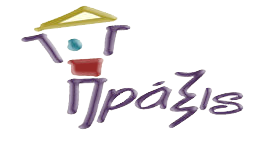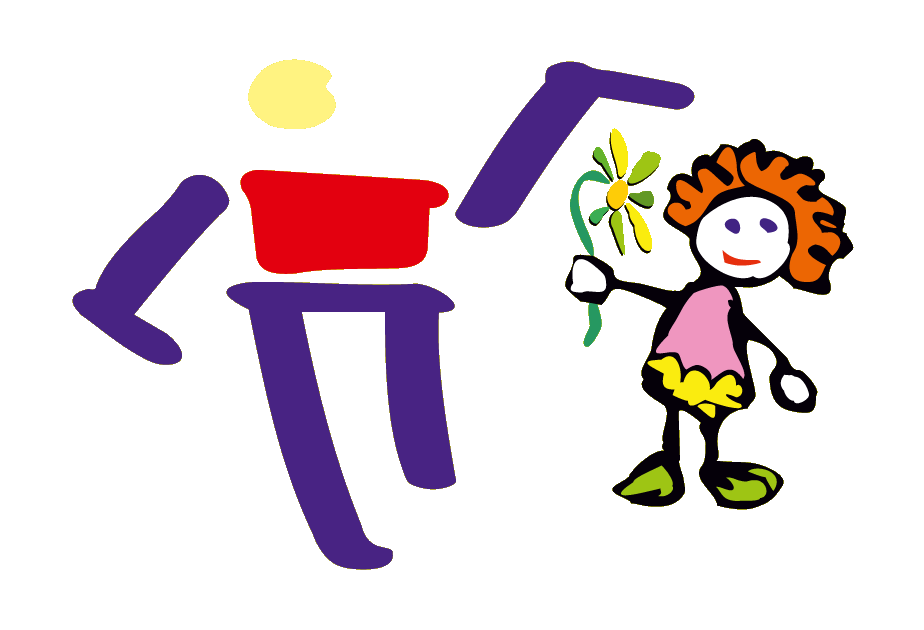
SECRETARY DEPARTMENT
Αρχικά πραγματοποιείται μια συνάντηση των γονέων με την κοινωνική λειτουργό, όπου καταγράφεται το κοινωνικό ιστορικό (πορεία της ανάπτυξης του παιδιου) καθώς και το αίτημα για θεραπεία του παιδιού. Κατά την ολοκλήρωση του πρώτου ραντεβού οι γονείς κατευθύνονται από την κοινωνική υπηρεσία για την πορεία των επόμενων θεραπειών. Η κοινωνική υπηρεσία είναι στην διάθεση των γονέων για κάθε πιθανή ενημέρωση ή καθοδήγηση σχετικά με άλλους φορείς ή κοινωνικές υπηρεσίες (ΚΕΣΥ, ΚΕΠΑ, Κέντρο Ψυχικής Υγείας κ.α.)
In order to ask any possible question, you can call us on 0030 2510226651 or email us on praxisth@otenet.gr. We can then schedule a meeting for your better information on our Unit’s offered services.
PHYSIOTHERAPY-ORTHOTICS
- Rehabilitation of neuromotor disorders.
- Rehabilitation of Musculoskeletal Disorders
- Manufacture of Orthodontic Devices (splints - soles)
- Neurodevelopmental Treatment (Bobath)
- PROPRIOCEPTIVE NEUROMUSCULAR FACILITATION (P.N.F.)
- Sensory Integration
- Department of Neonates (Takes care of Neonates)
- Department of Children (Takes children from one year to adulthood)
- Adult Physiotherapy
- Cases where the feet are turned inward or outward as well as in the direction of one or both feet
- Cases of walking on the toes
- Cases where there is scoliosis
- Cases where there is a problem of instability during walking and/or frequent falls
- Cases where the arch of the foot sinks to the ground
- Cases where there is extensionof the knees
- Cases of abdominal pain, soles, tibia and hips
- Children with cerebral palsy/neonatal arthritis
- Children where one lower leg is longer than the other (inequalities) and/or obvious limp.
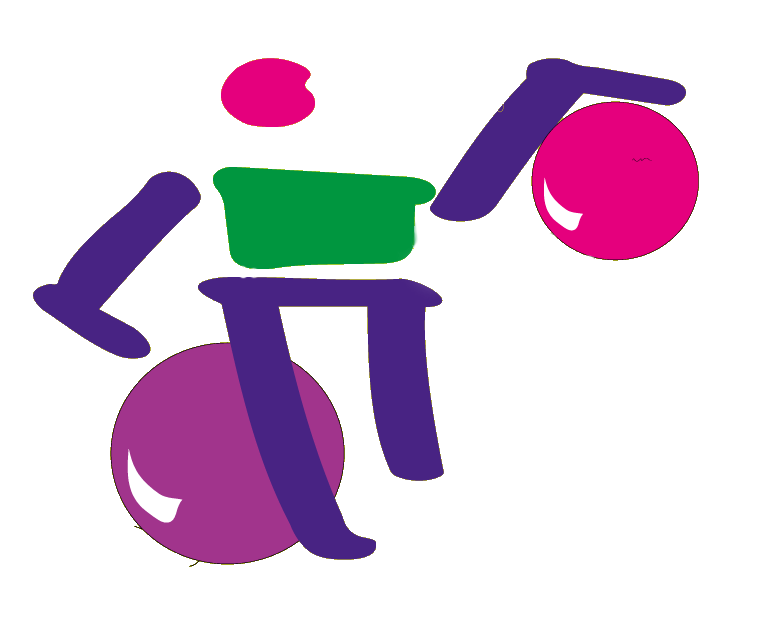
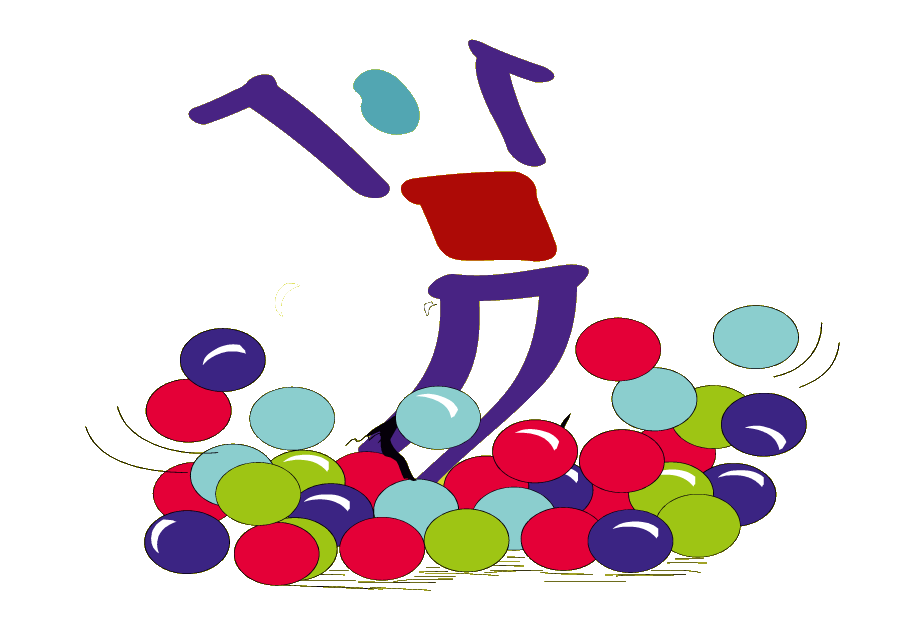
Department of Occupational Therapy
- Autistic spectrum disorders
- Mental retardation
- Cerebral palsy
- Syndromes
- ADHD
- Sensory integration disorder
- Gross-fine motor skills dysfunctions and writing movement dysfunctions.
- Learning disabilities
- Η Sensory Integration is the "organization of the senses (vision, hearing, taste, smell, balance, gravity, position and mobility) for their best use" according to A. Jean Ayres PhD.
- The TEACCH Method "Treatment and Education of Children with Autism and Communication Disorders": This is a "clearly" structured education program using visualized coding, visual coding (colors, labels) and organization of space (play area, rest area, etc.). .) of objects. It helps your child learn, function and focus on important information.
Speech therapy
- Breastfeeding difficulties·
- Difficulties in chewing food
- Often signs of choking
- Unusually high or low voice tone
- Harshness in his/her voice that persists
- Difficulties in understanding the oral speech
- Difficulty executing orders
- Difficulty finding appropriate words
- Difficulty in forming sentences
- Difficulty in mimicking sounds
- Difficulty in starting or keeping a conversation
- Editorial, grammatical or morphological errors (e.g. wrong use of tenses
- Difficulty in referring to the past and future tenses
- Difficulty in reading and comprehension of written text
- Difficulty in spelling
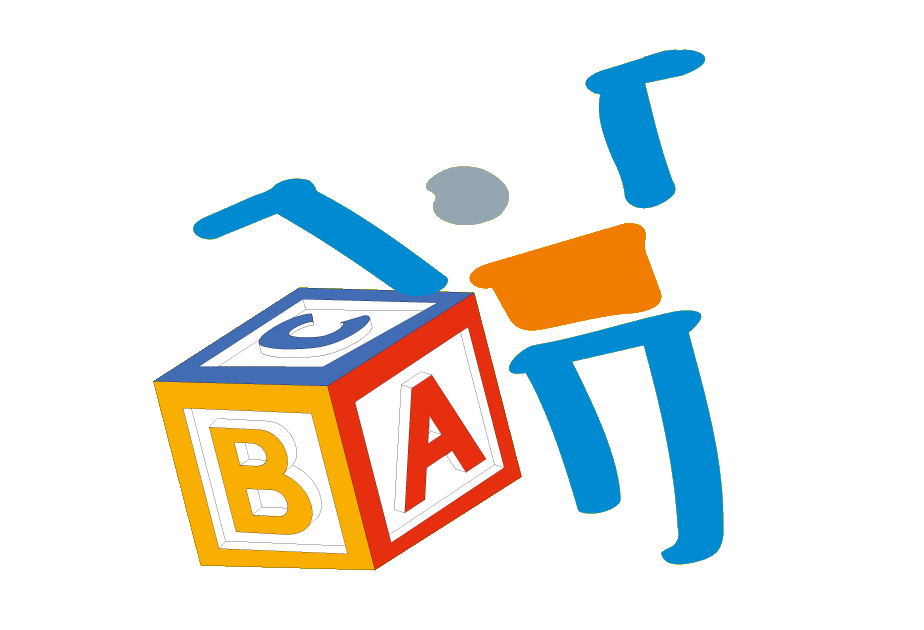
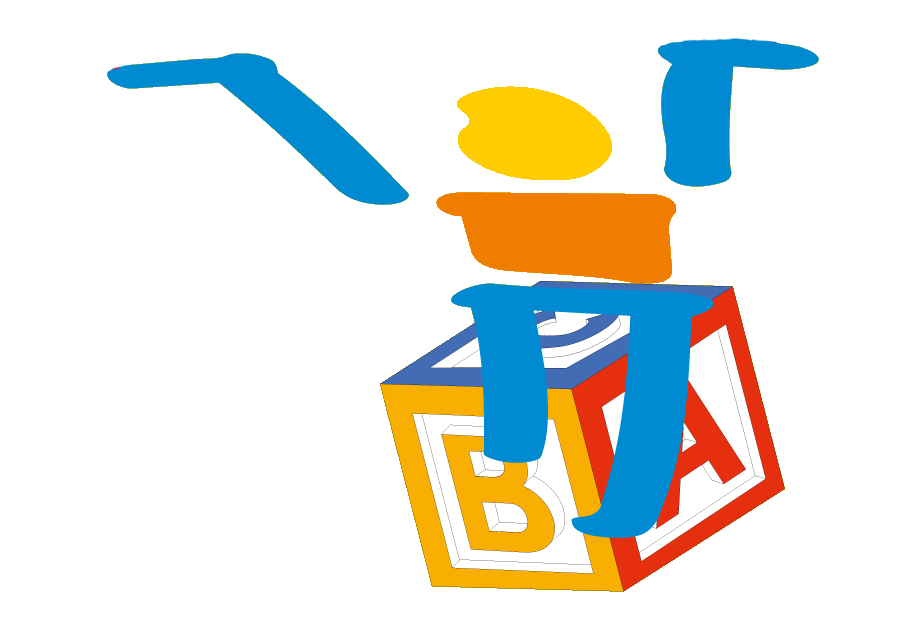
PARENTAL COUNSELING
- Behavioral problems
- Difficulties in managing emotions (anxiety, phobias)
- Difficulties in socializing
- School bullying
- Learning difficultiesLearning difficulties
- Attention Deficit Hyperactivity Disorder (ADHD)
- Physical and developmental disorders
- Divorce
- Mourning
Social skills group
Concerning children 5 years and older:
- Who have difficulties in social behavior
- Children with developmental disorders (eg autistic spectrum)
- Monitor other team members during activities.
- Listen carefully to what their interlocutor says.
- To share the same game.
- Wait in turn during activities.
- Have proper physical proximity.
- Make proper use of the volume of his voice.
- Apply social rules.
- To identify emotions (in themselves and in others) and to relate them to relevant social situations.
- To share their feelings.
- To share their interests.
- Increase their interests.
- Participate in a cooperative game.
- Seek help when they are having trouble with an adult or a peer.
- Offer help to a difficult peer.
- To choose from specific activities.
- Improve their understanding of social signals and social situations.
- Express emotions and thoughts.
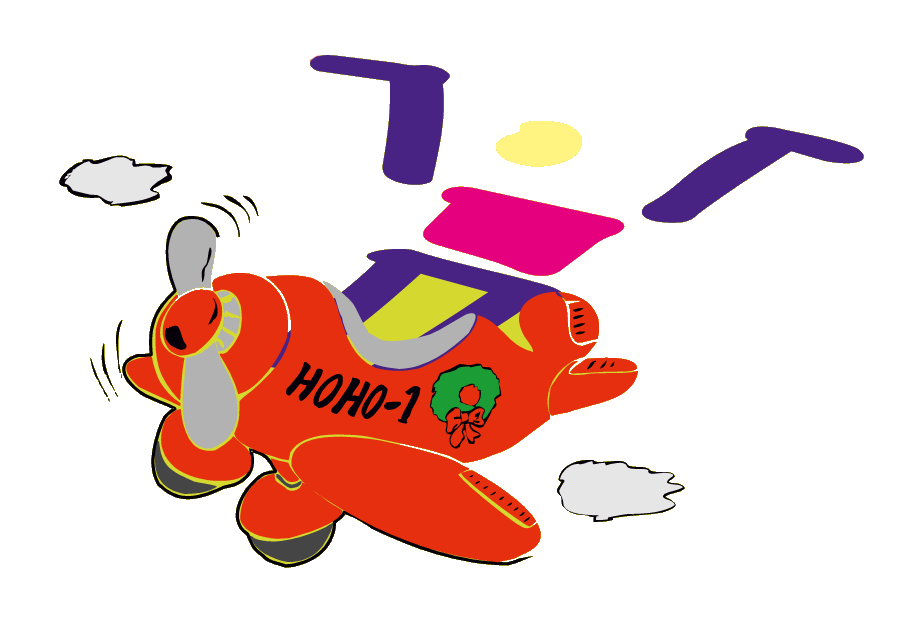
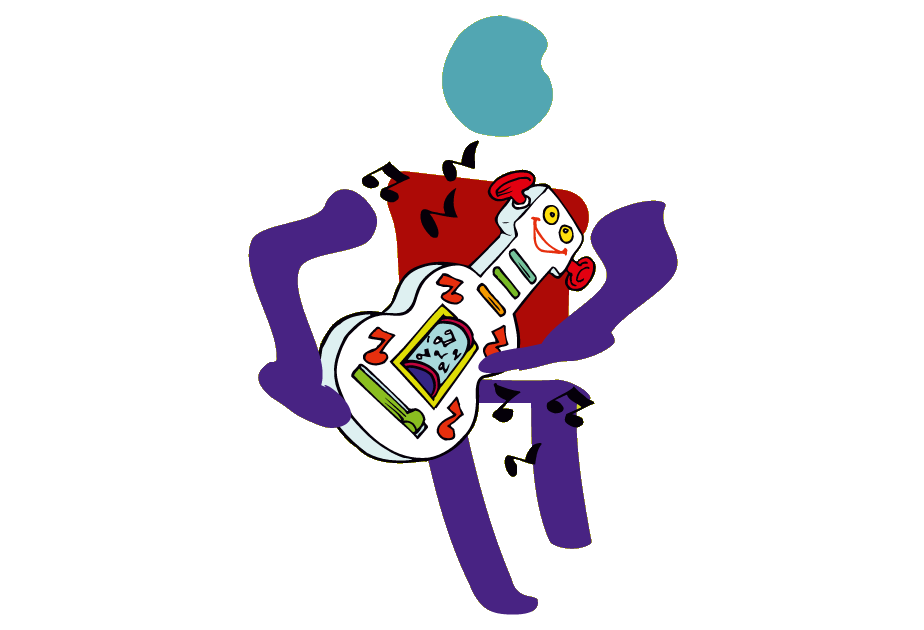
Music Therapy
Music therapy is aimed at children and adults who face:
- Motor or mental disabilities
- Psychological or emotional problems
- Behavioral or communication problems
- Learning difficultiesLearning difficulties
special education
Special education is aimed at children who have:
- Special learning difficulties.
- Mental disabilities
- Visual and hearing impairment
- Developmental disorders
- Motor disability or disability
- Behavioral difficulties
The intervention can start at any age, depending on the needs of the child. It usually begins with entering preschool (4-5 years) and primary school.
Contact a specialist if your child's development specialist recommends a special education program.
There are some signs depending on the age:
- If the child cannot follow the instructions of his/her kindergarten teacher.
- If it is difficult to participate in group activities.
- If he / she has not mastered basic fundamentals and skills.
- If he has difficulty in reading and writing and is unable to organize his/her reading and fulfill the obligations.
- If he has a memory problem and it causes him anxiety.

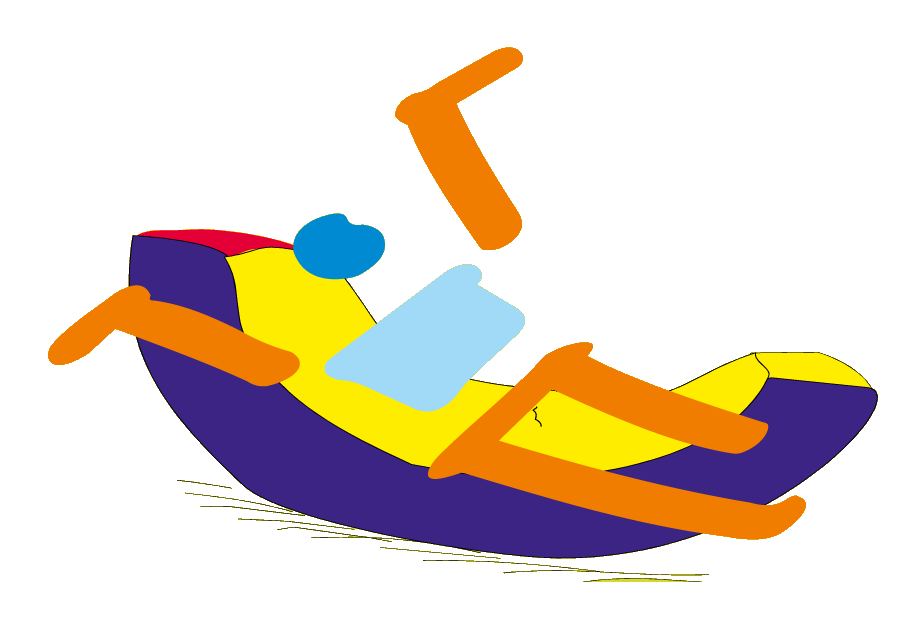
PSYCHOLOGY DEPARTMENT
At times, issues that concern either our personal relationships or our business, such as day-to-day adversity, make it difficult for us to progress both on a personal and team level. We may not properly manage the stress or tension we experience, but we may not know where they come from. Psychological support and individual counseling allow us to focus on the source of the problem so that we can more effectively address our concerns and concerns. Reasons for addressing a health professional are: Emotional disorders Social difficulties Lack of self-confidence Difficulties in interpersonal relationships
>

